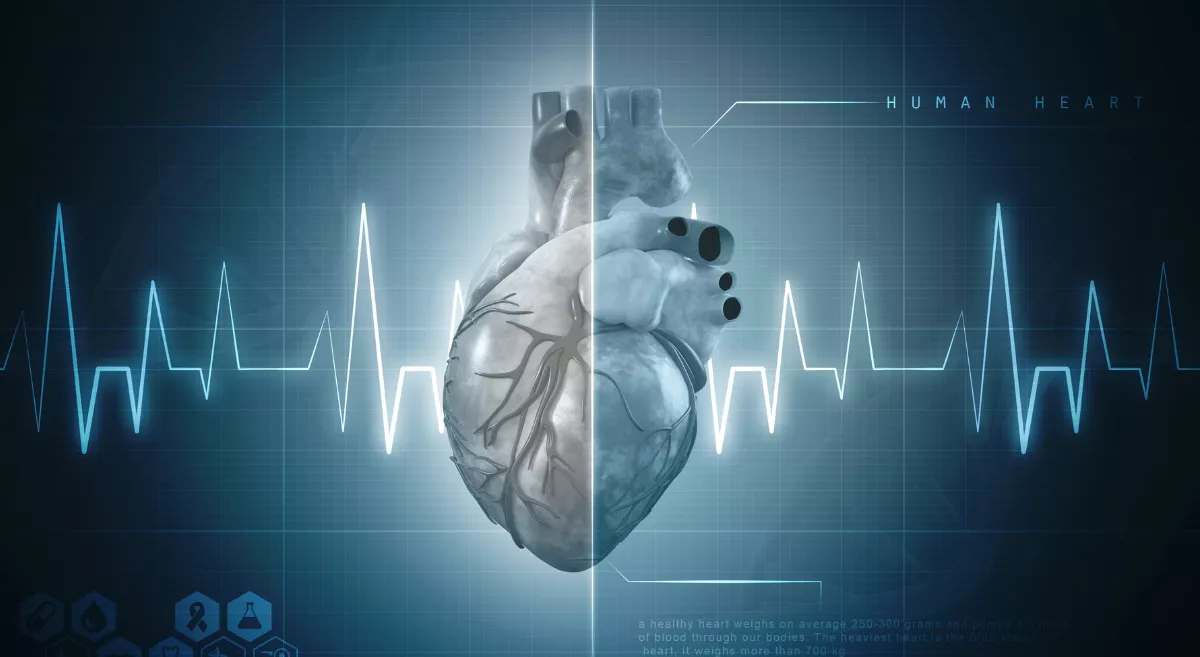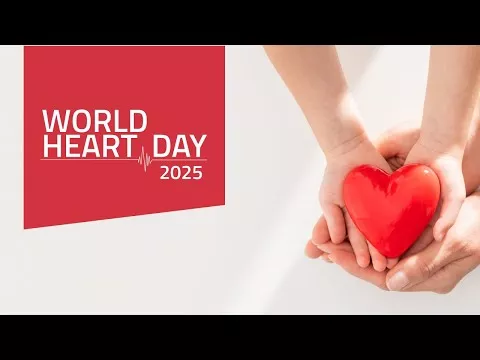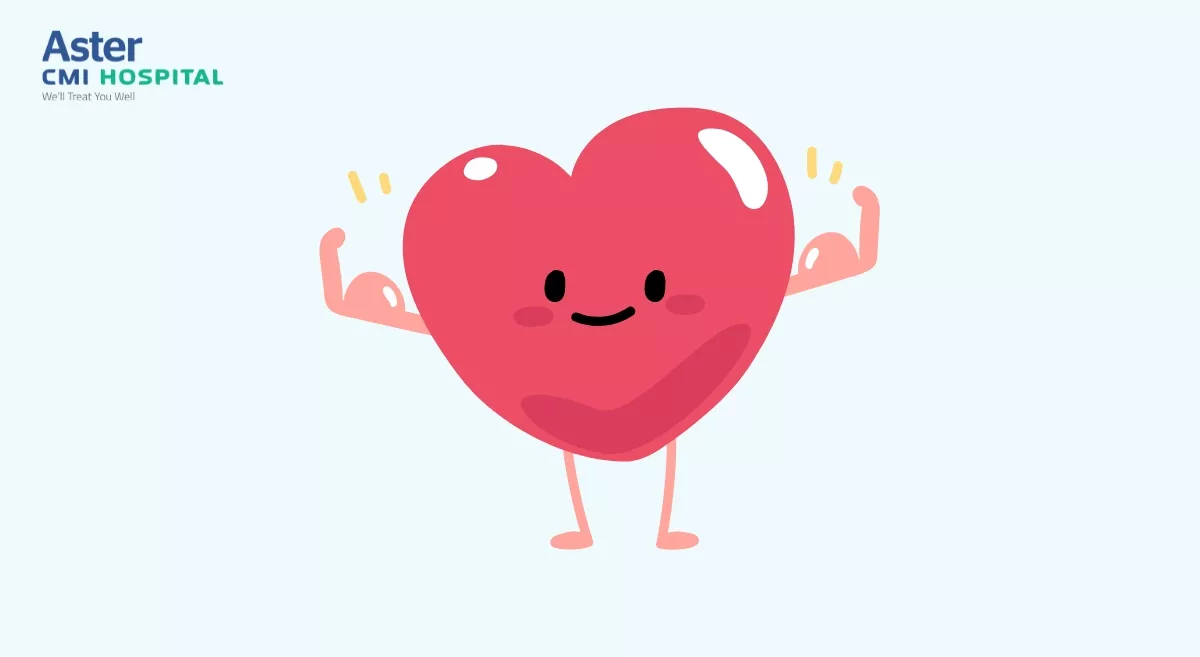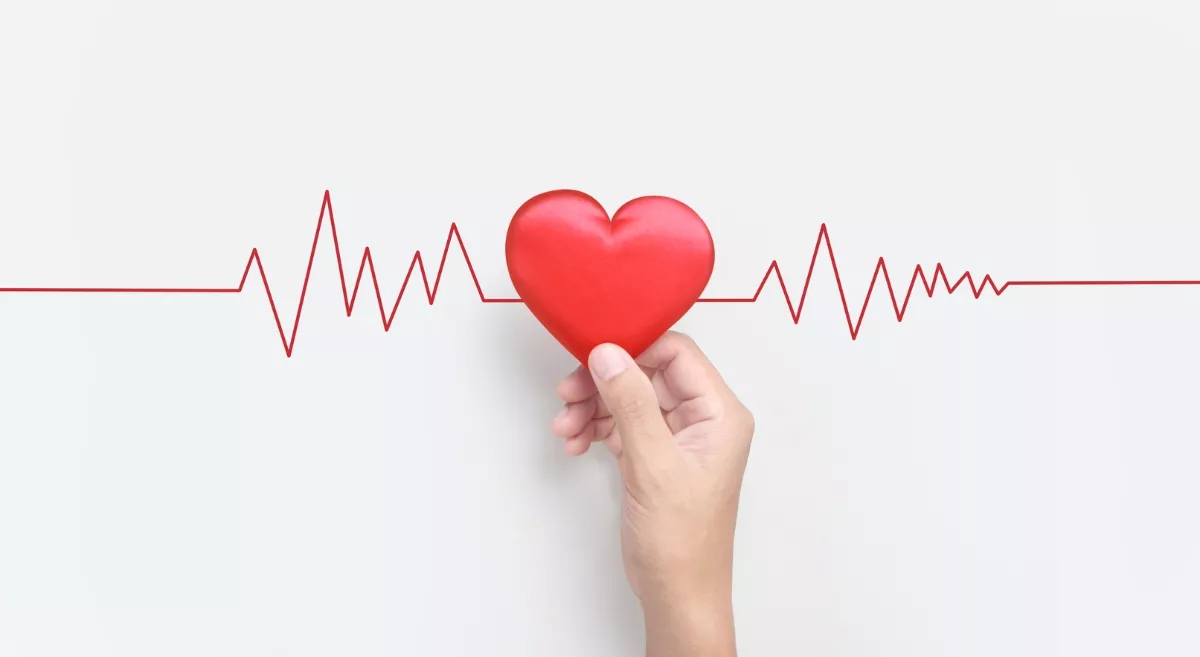Heart transplant surgeries save lives by replacing a diseased or failing heart with a healthy donor heart. These surgeries give patients with end-stage heart failure a new lease on life, allowing them to live active and healthy lives. As the need for heart transplants grows, so does the need for novel technological advancements to improve success rates and patient outcomes. Technological advancements have been critical in transitioning heart transplant surgeries from experimental procedures to routine medical treatments. These breakthroughs have significantly improved heart transplant success rates, resulting in improved patient survival and fewer post-operative complications.
If you are looking for the best place to undergo such procedures, choosing a reputed cardiology hospital in Bangalore ensures access to advanced technology and expert care. A top heart hospital in Bangalore will typically have experienced surgeons, state-of-the-art equipment, and a team that specializes in complex cardiac procedures. Consulting a skilled cardiologist in Bangalore can also help you get the right diagnosis, treatment plan, and guidance before and after a heart transplant.
Key Technological Advancements in Heart Transplant Surgeries
In recent years, revolutionary advances in heart transplant surgeries have improved patient outcomes and increased survival rates. The use of Artificial Hearts and Ventricular Assist Devices (VADS) is one of the notable advancements.
- Ventricular Assist Devices (VADs) and Artificial Hearts: VADs, also known as artificial hearts, are mechanical devices designed to help a faltering heart's pumping function or to momentarily replace it while waiting for a suitable donor heart. These devices provide hope to patients who are unable to receive immediate heart transplants by filling the hole between the degradation of their native heart and the accessibility of a donor's heart.
- Organ Preservation Technologies: Organ preservation methods have also advanced significantly, allowing medical practitioners to extend the viability of donor hearts. Techniques such as hypothermic perfusion and novel storage solutions have improved organ preservation during transit, increasing the likelihood of a successful transplant.
- Customized Organs and Gene Editing: Advances in gene editing technology have created new opportunities for heart transplants. Scientists can now alter genes to reduce the risk of organ rejection and improve donor-organ compatibility. Furthermore, research into the development of customised organs from a patient's cells holds great promise for the future of heart transplantation.
Impact of Technological Advancements on Patient Outcomes
Increased Success and Survival Rates: These technological advancements have resulted in higher success rates for heart transplant surgeries. Today's heart transplant patients have a greater likelihood of surviving and a higher quality of life than ever before.
- Shorter Donor Organ Waiting Times: Heart transplant waiting lists have been a major source of frustration for patients in need of life-saving procedures. However, advances in organ preservation and VADs have contributed to shorter wait times by making donor hearts available for longer periods of time and allowing patients to maintain better health while awaiting transplantation.
- Improving Postoperative Care and Monitoring: Advanced technologies have also enhanced post-operative care and monitoring of heart transplant recipients significantly. Continuous monitoring, remote patient management, and cutting-edge medical devices have all contributed to improved patient outcomes and lowered the risk of complications.
Ethical Considerations and Challenges
While technological advancements have greatly improved heart transplant surgeries, they have also raised ethical concerns about organ allocation, donor consent, and the use of cutting-edge gene editing techniques.
- Organ Transplantation Ethics: The ethical issues surrounding organ transplantation include the equitable distribution of donor organs, patient prioritisation, and the issue of financial access to these life-saving procedures.
- Challenges in Heart Transplant Surgery: Despite remarkable advances in technology, heart transplant surgeries continue to face challenges, such as donor organ shortages and the risk of organ rejection. Continuous research and development are required to overcome these obstacles and improve the success rate of heart transplants.
Future Prospects and Innovations
The future of heart transplant surgery appears bright, with ongoing research and novel approaches aimed at addressing challenges and improving patient outcomes.
- Artificial Intelligence in Donor Matching and Predictive Analysis: Artificial intelligence (AI) is expected to play an important role in heart transplant surgeries by improving donor matching processes and predicting patient outcomes based on large data sets, thereby optimising organ allocation and reducing post-transplant complications.
- 3D Printing of Heart Tissues and Organs: Advances in 3D printing technology offer exciting possibilities for creating patient-specific heart tissues and even entire organs, reducing reliance on donor organs and increasing transplant surgery success.











